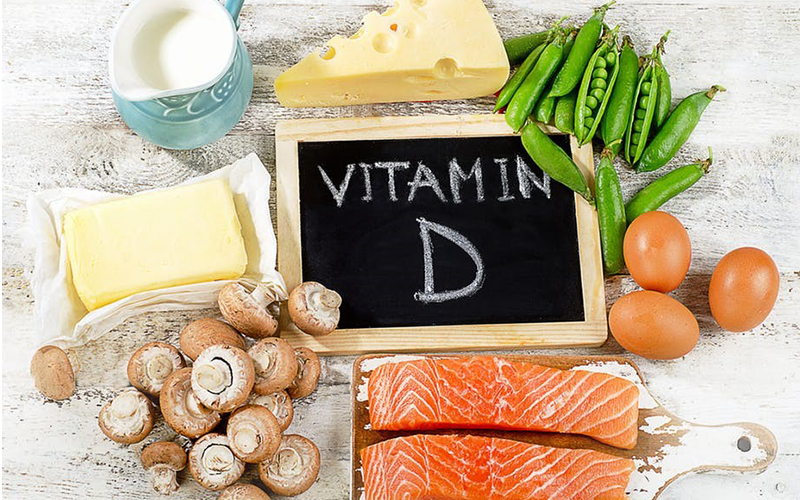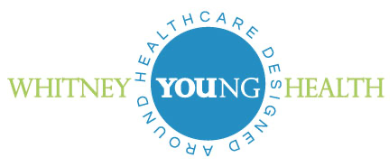
by Katrina Kiersey, DTR, CLC, Whitney Young Health Nutrition Coordinator/WIC Qualified Nutritionist
Did you know that by living in upstate New York, you have an increased risk for Vitamin D deficiency? Vitamin D is an important part of our daily diet as it helps our body to absorb calcium: another important nutrient that helps keep our bones strong. Vitamin D is also very important in helping to support our immune system to fight infections and maintain our general health. The best way to get Vitamin D is to go outside! It only takes 5-30 minutes outdoors to get our recommended daily dose of Vitamin D. Unfortunately for us New Yorkers, getting out in the sun every day isn’t always a possibility. This is especially true during our long winters. Luckily, there are a variety of foods we can eat that can help keep us full of Vitamin D all year long!
Foods that naturally contain vitamin D include:
- Fatty fish like salmon and tuna
- Beef liver
- Cheese
- Mushrooms
- Egg yolks
There are also lots of foods that have been fortified with vitamin D, such as:
- Orange juice
- Soy milk
- Milk
- Cereals
Diets high in vitamin D can help prevent health conditions such as Ricketts in children (the bowing of the legs due to improper bone development) and Osteoporosis in adults (the loss of bone minerals which can lead to weak, brittle bones). Factors like skin tone and medical conditions can also affect how much Vitamin D you need per day as well. For example, those with darker skin tones, like African Americans, should eat more Vitamin D rich foods each day due to their reduced absorption of vitamin D from the sun’s rays.

Vitamin D is one of the 4 fat soluble vitamins (A, E, and K). This means that when absorbed into the body it gets stored in the liver and fat tissue when the body is not using them, which is why it is one of the few vitamins that can be harmful in large doses. Vitamin D toxicity can occur when more than 4000IU is taken every day and can lead to symptoms such as:
- Nausea
- Vomiting
- Poor Appetite
- Constipation
- Weakness
- Weight loss
- Confusion
- Disorientation
- Heart rhythm problems
- Kidney damage
It is important to always speak to your doctor before taking any dietary supplements for vitamins as this is the easiest way to get toxicity; it is very rare to get Vitamin D toxicity from foods alone.
Sources:
Clifford, J., & Kozil, A. (2017, September). Fat-Soluble Vitamins: A, D, E, and K .
Ratini, M. (2018, March 9). Calcium and Vitamin D: Top Foods to Prevent Osteoporosis.
Recommended Daily Intake of Vitamin D. (2018, June 22). Why You Need Vitamin D.
Vitamin D. (2017, October 18).
